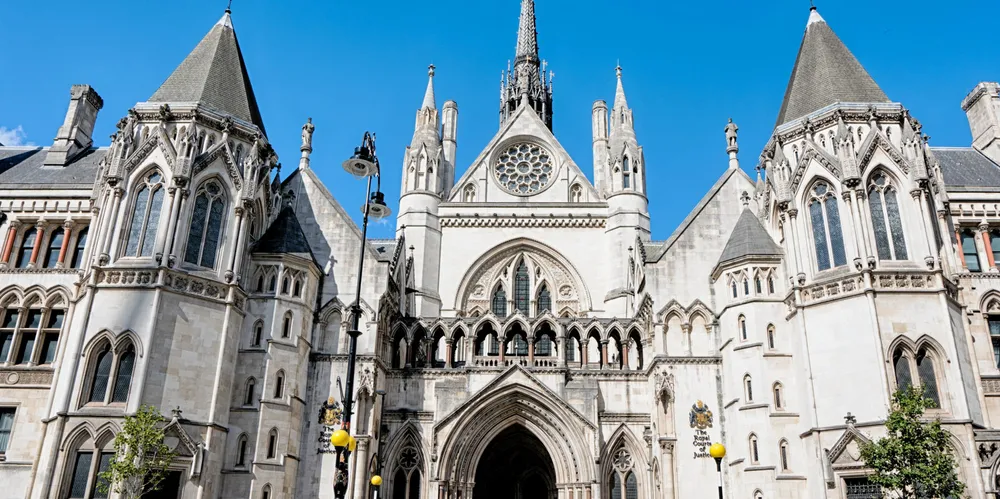UK court dismisses challenge against offshore wind mega-project
British film star Ralph Fiennes is among those that has been fighting against plans for two onshore substations planned as part of the project

An $8bn plan to build an offshore wind hub in the North Sea has been handed a boost as a UK appeals court dismisses an application for a judicial review of a decision to approve onshore infrastructure for the project.
The Court of Appeal in London this week dismissed arguments that a judge had failed to properly consider the potential flood risk that would be caused by building the two substations on the Suffolk coast.
It also dismissed arguments the judge should have considered the cumulative impact the substations could have together with planned projects to connect the UK grid to continental neighbours.
The campaigners from Substation Action Save East Suffolk (SASES) were fighting against the East Anglia 1 North and East Anglia 2 projects. These form about half of the 3GW East Anglia Hub planned in the North Sea by ScottishPower Renewables, Iberdrola’s UK subsidiary.
The substations would be built near the medieval village of Friston, and campaigners have argued they would dominate the surrounding landscape, damaging tourism revenue among other things.
SASES was seeking a judicial review of a government decision to grant consent for the substations and other infrastructure, which have been deemed “nationally significant infrastructure projects.”
The High Court in London dismissed its application in 2022. In their appeal, the campaigners argued the judge had failed to properly consider the flood risks posed by the infrastructure.
But the appeal court held that there is no rule that an applicant for development consent must “demonstrate that there is no site reasonably available with a lower risk of surface water flooding.”
The campaigners also argued the judge should have considered the “cumulative impact” of the substations and the Nautilus and Eurolink projects – international power link projects led by National Grid that are currently in the planning phase.
The appeal court found that the government had been “entitled to defer consideration of the effects of the other projects as there was insufficient information available to make an assessment.”
SASES said on its website that it is “considering its next steps including seeking leave to appeal to the Supreme Court.”